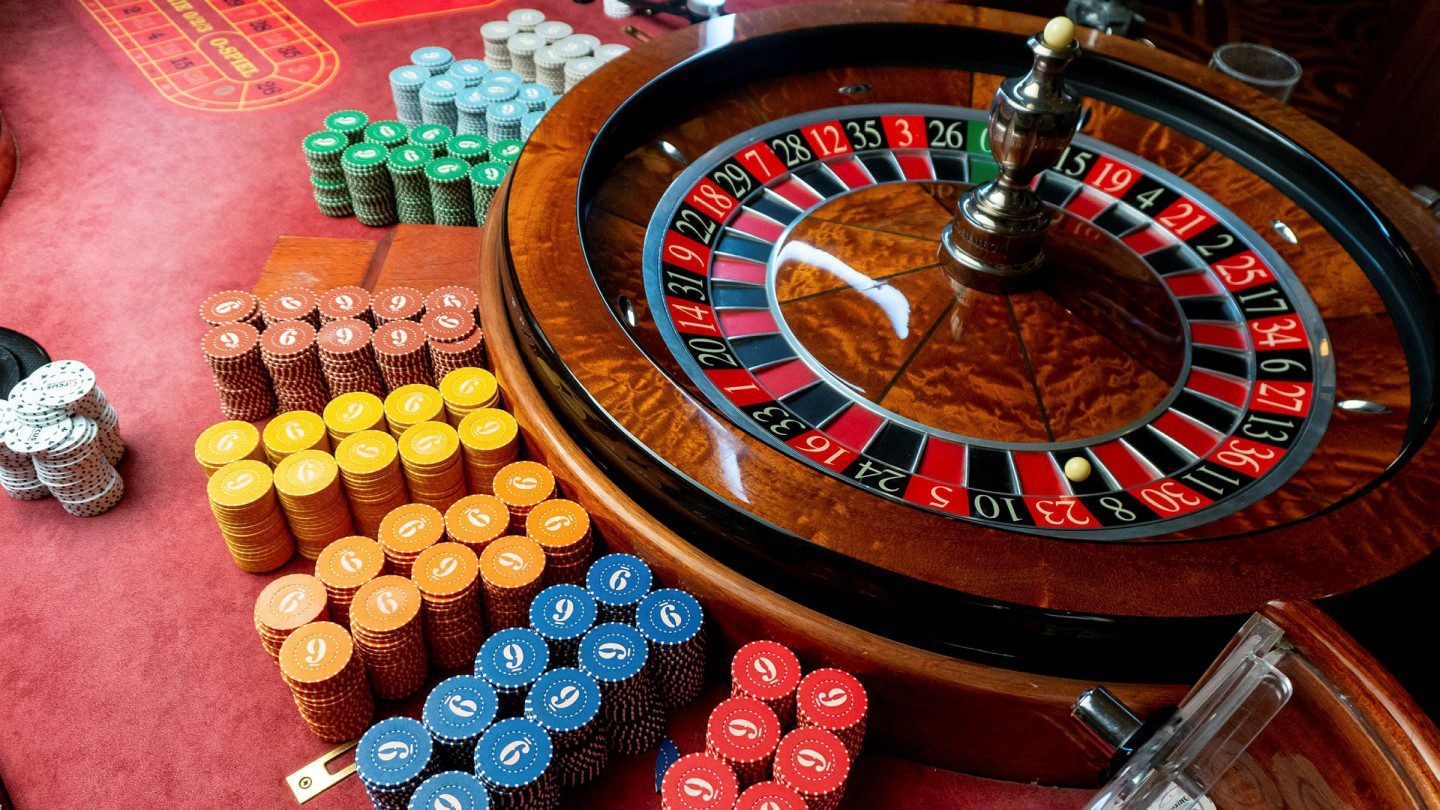
In the dynamic realm of gambling halls, where the atmosphere buzzes with excitement and the clinking of chips permeates the space, the position of a dealer is both essential and captivating. Daily, these experienced experts step into a realm where luck and tactics intertwine, guiding players through the ups and downs of their selected casino titles. From card games like 21 and poker to the spinning wheels of the roulette table, dealers facilitate the gameplay while guaranteeing that each game runs smoothly and fairly.
As the sun rises on another hectic day, a casino game dealer prepares to dive in this vibrant setting. Their duties extend beyond merely dealing the cards or turning a wheel; they are also performers, service providers, and guardians of the game regulations. Each shift brings new challenges and experiences, making every day distinct in the life of a casino dealer. This behind-the-scenes look will examine the daily routine of a casino dealer, showcasing the expertise and insights that make this profession both exciting and rewarding.
The Role of a Casino Game Croupier
A gambling game dealer is at the heart of the gaming experience, managing the flow of the play while making sure that players are engaged and enjoying themselves. Their primary duty is to manage the game, which involves dealing cards, spinning the wheel, or managing the chips, based on the type of game being played. Croupiers must have a thorough understanding of the rules and regulations governing each game, while also maintaining a friendly and approachable demeanor to improve the gaming atmosphere.
In addition to overseeing the gameplay, dealers must also monitor on the players and the surroundings around the table. This includes watching for any indications of cheating, making sure that everyone is following the guidelines, and addressing any conflicts that may arise among players. Effective communication skills are vital, as dealers often provide explanations about the game’s mechanics and offer assistance to those who may be new to casino games.
Furthermore, a dealer’s role extends beyond just the mechanical aspects of the game. They play a key part in crafting an immersive experience for the players. This necessitates establishing a rapport with patrons, being attentive to their wants, and often injecting an element of fun into the play. It’s this mix of skill, alertness, and people skills that makes the role of a casino table dealer both challenging and rewarding in the dynamic world of gambling games.
Responsibilities and Challenges in Daily Operations
One of the key responsibilities of a dealer in a casino is to oversee the various games offered at their table, ensuring a seamless and satisfying experience for players. Dealers must be adept at distributing cards, managing chips, and maintaining the flow of the game. This requires a sharp understanding of the rules of each game, from blackjack to roulette, and the ability to address players’ questions while keeping the game moving. Attention to precision is crucial, as dealers must monitor bets, disburse winnings correctly, and watch for any cheating or discrepancies at the table.
In addition to managing the game per se, dealers encounter challenges such as managing difficult players. The casino environment can be stressful, particularly during high-stakes games, and a dealer must remain composed and maintain professionalism at all times. They need robust interpersonal skills to handle interactions with players who may be frustrated about losses or dissatisfied with the game’s speed. Navigating these situations delicately is important in creating a positive atmosphere on the casino floor.
Another major responsibility is upholding the honesty of the game. Dealers must be vigilant and attentive, watching for any signs of player cooperation or cheating among players. This entails not only a solid knowledge of the games but also an awareness of player psychology. They must also adhere to the casino’s regulations and procedures, participating in regular training sessions to keep updated on rules and protocols. Balancing these responsibilities while providing excellent customer service is what makes the role both difficult and rewarding for a dealer in a casino.
Attributes and Skills for Success
A proficient casino game dealer must possess superior communication skills. This includes not just the ability to clearly explain game rules and procedures to players but also the capacity to engage with them in a cordial and competent manner. Fostering rapport with guests can enhance the gaming experience and inspire repeat visits to the casino. Proficient communication enables dealers to manage tables efficiently while ensuring that players feel valued.
Moreover, robust mathematical skills are essential for a dealer. Quick math are often required to monitor bets, payouts, and game outcomes in real-time. A dealer’s ability to perform these math operations accurately and swiftly adds to the overall efficiency of the game. https://32win.global/ This skill helps in maintaining the flow of play and in minimizing disputes or misunderstandings with players, which is crucial in a rapid casino environment.
Lastly, an ideal casino game dealer should exhibit integrity and professionalism at all times. Trust is a crucial component of the gaming experience, and players must feel confident that the games are conducted honestly and clearly. A dealer’s dedication to upholding high ethical standards fosters a friendly atmosphere at the table and enhances the casino’s image. Being consistent in behavior ensures that dealers leave a lasting impression on guests, which can lead to a loyal customer base.